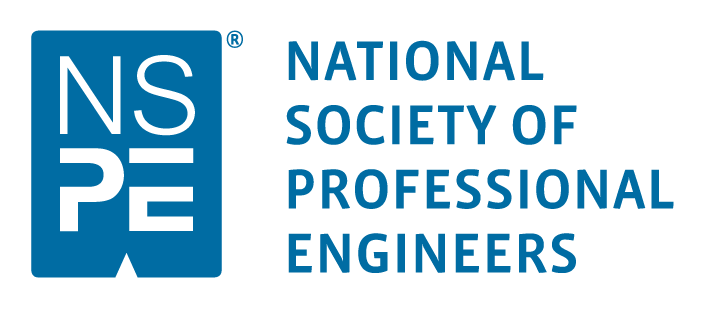Institutional
Hospitals, clinics, laboratories and residential healthcare facilities must deal with unique — and uniquely sensitive — issues that can be assessed effectively only by professionals who wield a specialized set of skills. In addition, each client has different needs and circumstances that influence how its facilities issues should be approached.
Lockatong’s engineers are active members of ASHE and participate regularly in local chapters’ activities. Even better, we learn from the engineers and managers responsible for institutional facilities how we can better apply our own engineering expertise to solve their problems.
Lockatong’s professionals are fully qualified to analyze the condition of the facility and its systems, assess a variety of risks, diagnose problems or defects, recommend a solution, design modifications to improve functionality, upgrade to meet new requirements or correct deficiencies — all to institutional standards.
Serving NJ NY PA
NJDEP COMPLIANCE ADVISORY #2023-16: TESTING AND MAINTENANCE REQUIREMENTS FOR EMERGENCY GENERATORS – THIS INCLUDES HOSPITALS AND
MEDICAL FACILITIES
The NJDEP updated regulations in 2007 that limited testing of emergency generators on unhealthy air quality days. The regulation does allow testing on these days if required by a Federal or State Regulation. Since 2007, there was an understanding with the NJDEP that hospital and medical facilities that are required to comply with NFPA, DOH, Joint Commission and DNV (which are Federal/State regulations) would be allowed to test when the need arose, regardless of the air quality.
In 2023, the DEP issued this Compliance Advisory as a reminder to any facility which operates an emergency generator with a rated capacity larger than 37 Kw as to when they can perform testing and maintenance activities on the equipment in accordance with N.J.A.C. 7:27-19.2(d). The prohibition from testing/maintaining emergency generators on certain days is designed to ensure that NJ’s air quality does not get worse on those days with unhealthful air and helps protect the public from the harmful effects of unhealthy air.
Emergency generators shall not be used for normal testing and maintenance on days when the DEP forecasts air quality anywhere in NJ to be “unhealthy for sensitive groups,” “unhealthy,” “very unhealthy,” or “hazardous” as defined in the EPA’s Air Quality Index, unless required in writing by a Federal or State law or regulation.
Click here to access the air quality forecast for your location through the NJDEP website and through Airnow.gov. The air quality must be GOOD or MODERATE for your zip code or town.
We strongly recommend all facilities immediately start confirming the air quality prior to planned emergency generator testing and modifying their generator testing logs to include a location on the form to record that the air quality was checked and in compliance. This is important documentation to have when an NJDEP Air Enforcement inspection is being performed.
Please note – emergency generators can be operated during an emergency power outage regardless of the air quality.
If you have any questions regarding this matter, please feel free to reach out to Tricia Romano, P.E. at [email protected].
NEW NJDEP REGULATION : GREENHOUSE GAS MONITORING AND REPORTING
The NJDEP has adopted a new regulation (N.J.A.C. 7:27E) which requires the owner or operator of a facility with one or more refrigeration systems that utilize 50 pounds or more of a high-GWP refrigerant to register the facility. Refrigeration facility registration is now available on NJDEPonline.com.
For step-by-step instructions on how to register your refrigeration facility, please view the Refrigeration Registration Instructions guidance document. Registration Fee = $400 for a 5-year registration.
For more information on how to register and comply with the requirements of N.J.A.C. 7:27E, please visit the Department’s greenhouse gas emissions website on refrigeration systems and chillers at: https://dep.nj.gov/ghg/ghgmr-rule/refrigeration/.
It is recommend you obtain a list of all of your refrigerant and chiller systems to determine if any meet the 50-pound requirement. If so, you will need to register your facility on the NJDEP online system. You should also review the service reports from your contractor to determine if all information required to be reported in April is being recorded.
Please reach out to Tricia Romano at Lockatong Engineering if you need assistance with this requirement.
Our Services
- Boiler and Chiller Plant Design
- Specialty HVAC Performance Improvements And Upgrades
- Structural Inspection And Designs For New Uses
- Medical Waste Management & Evaluation Survey
- Environmental Audits, Permit Preparation, Regulatory Compliance
- Parking Garage And Building Envelope Inspections
- Building Control And Automation
- Fire/Life Safety Consulting
- Medical Gas System Design, Upgrade And Mapping
- Energy Management
- Water System Evaluation & Design
- Infastructure Commissioning








